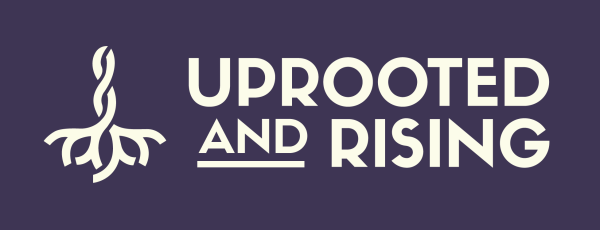Yet, I've also been taking the opportunities afforded by the situation to reflect, take stock of what's important and what's at risk, practice gratitude for what's been taken for granted, and develop new structures and routines. I am adapting my approaches to teaching and community work. For example, I've changed a two-week challenge to eat more ethically (as defined by students) to a one-week practice of observation and reflection about the ethical implications of a global crisis for personal food security. I'm also finding a whole new level of gratitude and purpose in my work with Community Garden Connections and related efforts in New England.
- Video series by Cathy Mazak: Work-from-home in times of Coronavirus: A professor's guide
- "Nobody Signed Up for This" Philosophy Statement/Adjusted Syllabus by Brandon Payne at University of North Carolina - Chapel Hill"
What other resources are you drawing from? Let's connect.

